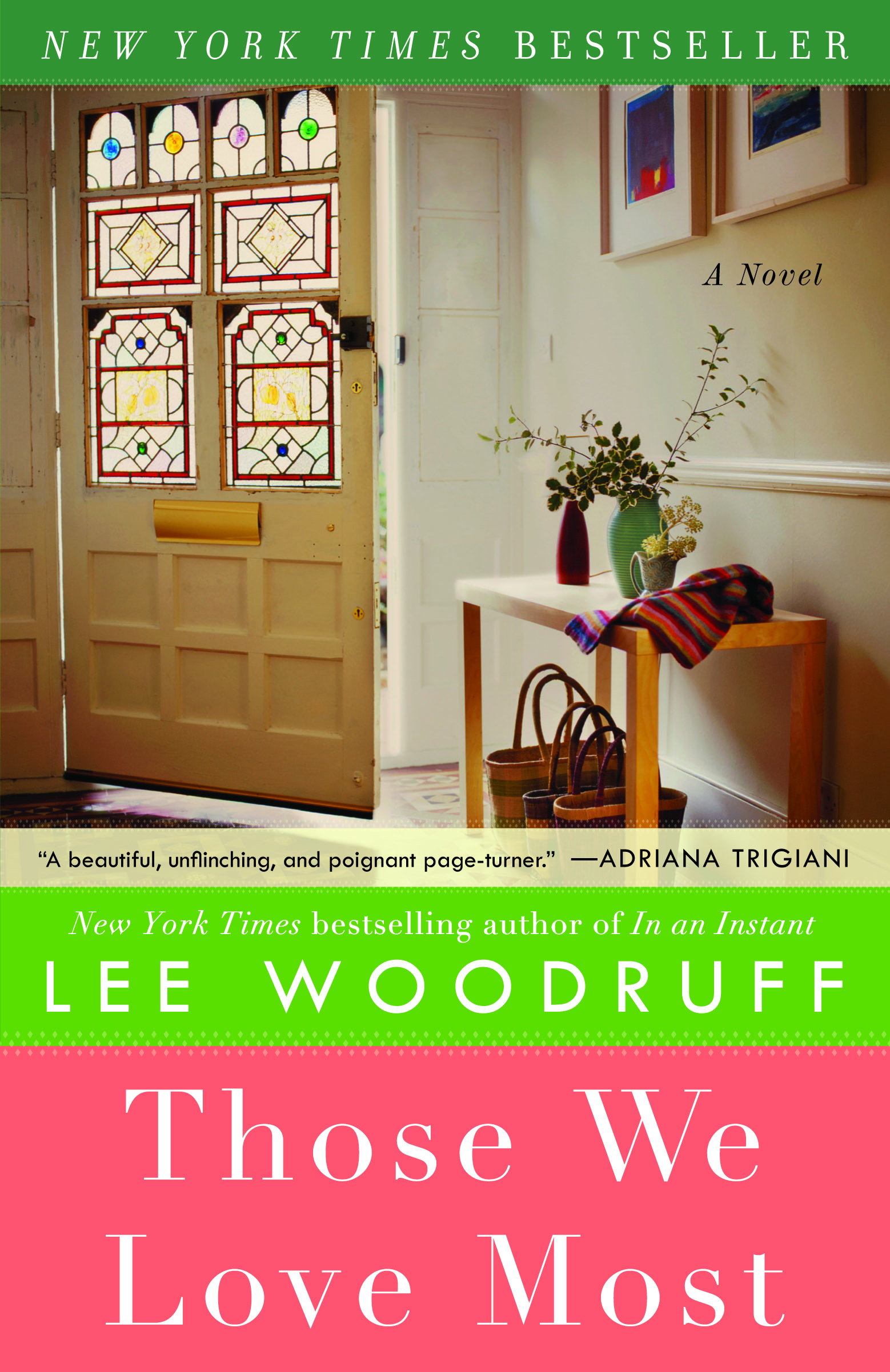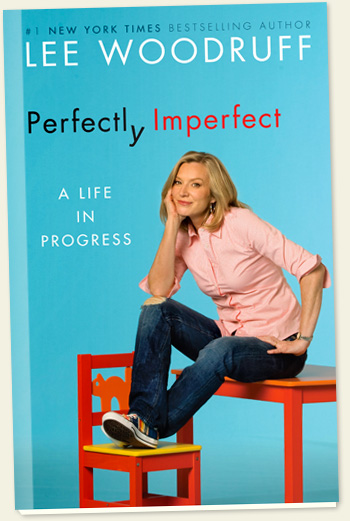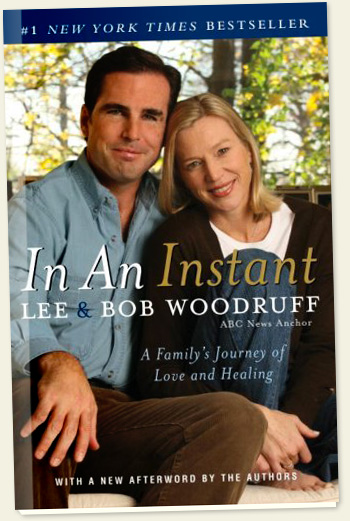I cannot fall back asleep. I am stuck on the dentist, the mechanics of how this works, identifying a person by their dental records. Does he get a call at 2:00 AM, when family members and loved ones are awaiting an answer? Or does he come to work at a reasonable hour?
I am struck by the term “lost his life,” as if it was simply an object he misplaced and someone will find again. As if you could walk out a door, never to return and then somehow walk back in again. What an odd and inappropriate turn of phrase.
I am thinking about his last minutes and hoping that there was no suffering. As a wife I would need no suffering. I would want to know there had been that moment of being there and then suddenly not there, before you could even flicker through the fullness of your life, before you had time to tell yourself that it was abundant and well lived and that you had more than you even deserved.
I am remembering what that call feels like—to go from a before to “after” with one piece of news, a few words that ripple out to change the lives of an entire clan. There is the cool ceramic shock that follows, the membrane that appears over your brain to prevent the truth from sinking in all at once. The information digests slowly, as you toggle between numbness and disbelief at the oddest times. This is the only way a wife can absorb the enormity of that kind of loss, you cannot otherwise compute the circumference of such a thing.

She will still expect to hear his shout out from the front hall, see his lopsided grin and wire glasses askew, his full head of ginger hair. She will listen for, but not hear, his footfall and the familiar sound of his briefcase being hefted up on the counter where they will eat. “You’re dragging the dirt of Manhattan onto our table,” she might say and now she smiles to think of it. Impossible that someone could be there one day, taking up all that space and then simply vanish so fully that the dentist must be called. “Never” is a difficult word for humans to grasp—we are creatures who crave.
In the early days following his death, the kitchen is warm and bustling with covered dishes and deli food. The fireplace crackles, the doorbell rings, flowers arrive and then more food. In these early days there is way too much food.
The household spins with industry, the cluck clucking of the community of women and the spiked laughter of his pals, yes laughter, because this is still unreal. She will not sleep, at least not without pills and aids, because the images both imagined and real and the questions and “what if’s” will swirl in her mind like a thick pudding. She will replay the film loops of the past, the time they first saw one another in Manhattan, how he held himself, so sure and confident, a boy from a modest home who was determined to make a mark with his good education. She sees a freeze frame of them in the maternity ward, holding their daughter, how they thought their hearts would burst with so much love. And then more children, more love.
She thinks about his passion for all things outdoors, of hiking and biking and being out on the water in the Adirondacks. She pictures him coaching hockey and wakeboarding with his boyhood friends and their children on the lake. He was a person always in motion, whose presence bulged, so that he seemed to occupy a larger space, in a way that made the people around him feel more alive. He had a childlike sense of wonder and enthusiasm that made those of us in his presence smile. He was the leader, the aggregator, the congregator, the do-er. He was where the fun was. He was the “Fun Dad.”
He always said exactly what he thought and he was forthright, never cruel. Even when he was goading or teasing you there was something still appropriate, still loveable. He was loveable. He jibed and joshed and his self-deprecating manner made us all feel we knew him better than maybe we did. We smile just remembering it, each of us reviewing our own cache of highlights.
But then there will come that period in the house when the activity will slow and sag. All the plates will stop spinning. The hugs, the calls and the people dropping by will diminish. The cars that have occupied the driveway will pull out and friends will go back to their lives because that’s what people do. And then the real life part begins. The living with it part. And this will be the difficult part for the family.
In the quiet of their home, grief will settle around her like an unwelcome arm on the shoulder and she will ache for the sound of that briefcase hitting the counter, the small dog’s incessant bark, rejoicing that her husband is home. I want to say to her, do not fester over recreating your last moments together, the fact that you might have discussed the credit card bill that last night instead of something more weighty. Do not worry if you can’t recall exactly when you last embraced him or told him what was in your heart. Do not punish yourself if the last night you slept together - and how could you know that - you didn’t spoon him or kiss him passionately, but instead poked him when his snores woke you. None of that matters now. It was a marriage and he adored you. I saw it. We all did. You made each other stronger and more complete in the weaker places. And that’s simply what the best of couples do.
And when you are ready to feel us, we will all be woven strong. Each of your varying and diverse communities, all of the places you have lived and worked, played and learned, will be interconnected, like the reeds in a basket. Although we will never come close to replacing him, we will hold you up, and cradle each one of you. We will be here to remind you how well you are loved.
In memory of Tighe Sullivan—devoted father, husband, friend, brother, Colgate University alumnus and lover of Silver Bay on Lake George.
www.leewoodruff.com facebook.com/leemwoodruff twitter@LeeMWoodruff
 April 10, 2013
April 10, 2013  2 Comments
2 Comments 


 This blog was published in Martha Stewart Living Magazine, April 2013, pg. 170
This blog was published in Martha Stewart Living Magazine, April 2013, pg. 170






